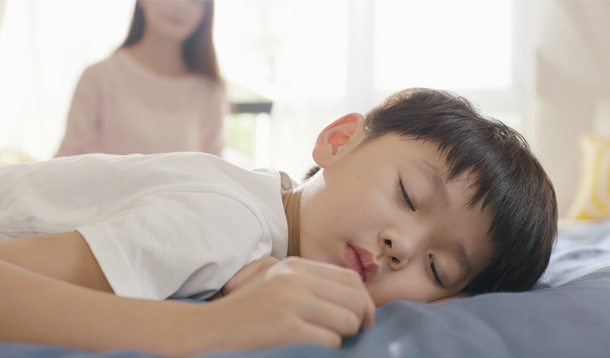
When my then four-year-old was wetting the bed, I wasn’t concerned. Surely it must be pretty common if night-time Pull-Ups were such a booming industry. When he was still doing it at seven, I thought maybe we should ask about it. Still not a concern, according to his doctors. Now, at ten, it is still happening, and his little brother also wets the bed. I did not expect to be buying diapers for a decade and counting, but here we are.
While the cost and the clean-up are annoying, my biggest concern was my child’s health. Was this normal at ten-years-old to still be doing this? It turns out that fifteen per cent of children older than five still wet the bed. I wasn’t surprised to hear this. I was surprised to hear that five per cent of ten-year-olds still do. It is usually inherited, and scientists have even pinpointed which genes contribute to it. This explains why both my children suffer from this condition. My sister also wet the bed as a child.
There can also be other contributing factors, including:
My oldest son does have problems with constipation. A bigger picture began to form. It seems that for some kids, a number of factors align and bed-wetting continues to be an issue beyond the pre-school years. While it is always a good idea to speak with your doctor to rule out any medical reason for bed-wetting, for most kids it just is what it is.
So what can we do? It might be relatively common, but it is unpleasant, inconvenient, and sometimes embarrassing for kids. The Cleveland Clinic has some suggestions:
There is the option of using a bedwetting alarm, which will go off when it detects moisture, but my child’s doctor didn’t recommend it, stating it wasn’t particularly useful, and that for most children, the issue resolves on its own.
The best thing you can do for a child who wets the bed is reassure them that it isn’t their fault, it usually isn’t under their control, and it isn’t shameful. Let them know you are in this together, and that you are here for them if they need your help or want to talk. Be sensitive about things like sleepovers, and the way siblings might react to their bedwetting, and try to reinforce that you will support whatever choices make them feel most comfortable and secure.